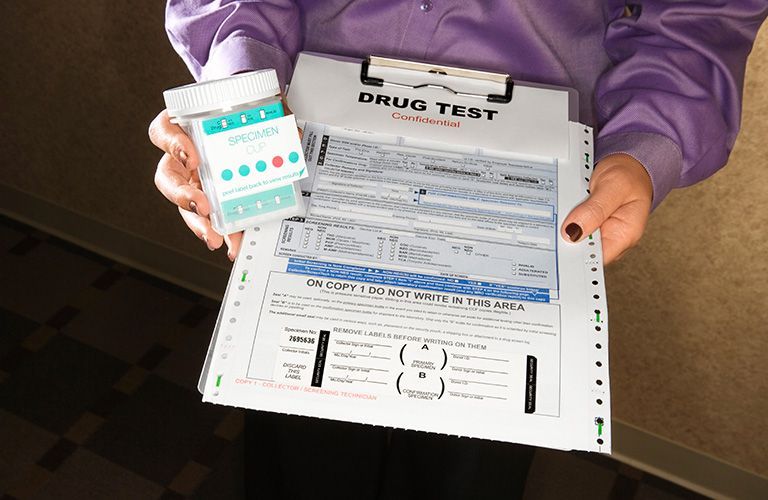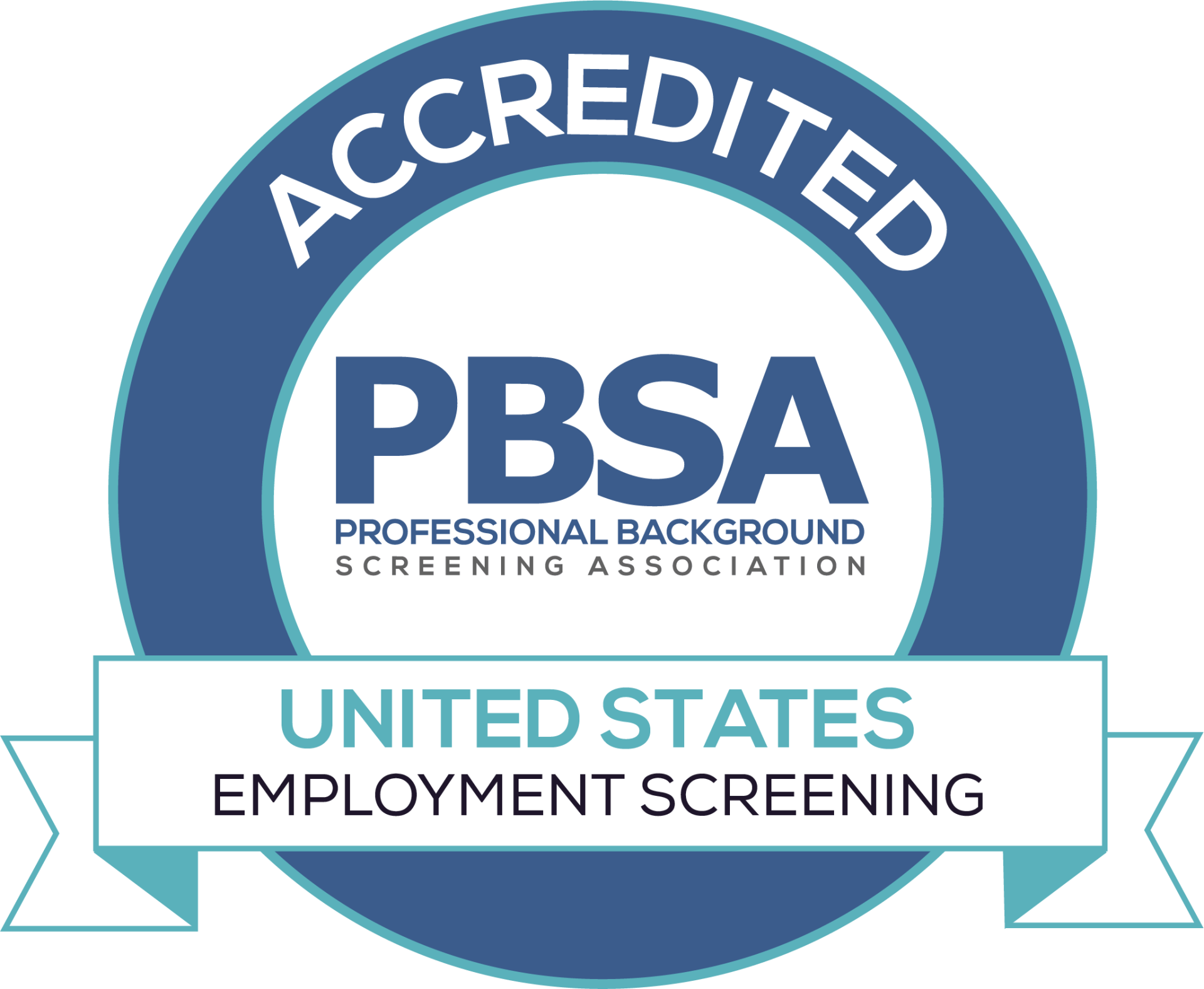COVID-19 WORKPLACE COMPLIANCE: 4 KEY RESOURCES FOR A SAFE REOPENING
Mark Ridgeway • July 30, 2020

Employers across the country are coming back to life, as more states lift restrictions that were put in place to protect the nation from Covid-19. As businesses attempt to safely bring their employees back to work, some are having a hard time understanding their legal obligations.
Here are a few key compliance areas that business owners need to review as they reopen:
1. State and Local Executive Orders
Closing down businesses happened on a state by state basis. So, the same is happening as we open things back up.
Most governors and some mayors have issued executive orders around the requirements for reopening. States are typically taking a phased approach and allowing different activities to come back in waves, while watching for any signs of resurgence or burden on the healthcare system.
Everything from social distancing requirements, wearing of masks, testing protocols, and cross-border travel and quarantine requirements are covered in these executive orders.
For a comprehensive, state by state list of executive orders the Council of State Governments has compiled a very nice resource page HERE.
2. Centers for Disease Control Recommendations
The CDC has issued a resources to guide businesses in the reopening phase of the pandemic. It can be found HERE.
This document covers guidance on testing, contact tracing, and surveillance. Important information regarding schools, youth sports, restaurants and bars, and summer camps can also be found there.
This is an important document and should be read by all business owners and hiring managers.
3. EEOC Compliance
In March of this year, the Equal Employment Opportunity Commission (EEOC) updated its publication Pandemic Preparedness in the Workplace and the Americans with Disabilities Act
with new information pertaining specifically to COVID-19.
This guidance clarifies that the COVID-19 pandemic meets the “direct threat” standard, and as such, concludes that a significant risk of substantial harm would be posed by having someone with COVID-19, or symptoms of it, in the workplace.
Consequently, the EEOC maintains that screening for symptoms and testing are appropriate measures to take in determining the ability of people to safely enter the workplace.
4. OSHA Compliance
The Occupational Safety and Health Administration (OSHA) has published a guide for ways to safely operate in the pandemic.
The Guidance for Preparing Workplaces for COVID-19
document recommends that organizations create an Infectious Disease Preparedness and Response Plan. With fundamental guidance on handwashing, use of masks, stay-at-home policies, and respiratory etiquette, the guide also contains industry-specific resources for high-risk workers such as taxi and rideshare drivers, food processing professionals, and retailers.
The agency’s website also has many useful resources including a detailed FAQ section.
Have questions? Let's talk!

Drug testing in the workplace is a practice that has gained significant attention in recent years. It involves screening employees for the use of illicit substances and, in some cases, the abuse of prescription medications. While there are arguments against workplace drug testing, it undeniably offers numerous benefits to both employers and employees. In this blog post, we will explore the advantages of employee drug testing programs and why you should implement one for your business. Safety and Productivity One of the most compelling reasons for drug testing in the workplace is the enhancement of safety and productivity. Employees under the influence of drugs or alcohol are more likely to cause accidents, make errors, and exhibit impaired judgment. Drug testing helps identify individuals with substance abuse issues, preventing them from putting themselves and their colleagues at risk. A safer workplace leads to increased productivity, as employees can focus on their tasks without worrying about the consequences of impaired coworkers. Legal Compliance Many industries and government contracts require drug testing as part of compliance with specific regulations. By implementing drug testing, employers can ensure they meet these legal requirements, avoiding potential fines or the loss of contracts. This legal compliance also extends to workers' compensation claims, where having a drug-free workplace can be essential in demonstrating that accidents were not caused by substance abuse. Reduction of Healthcare Costs Drug testing can contribute to reducing healthcare costs. Employees struggling with substance abuse issues often require more medical attention due to the health problems associated with drug and alcohol use. Identifying these individuals early on and offering support and treatment can lead to healthier employees, lower healthcare expenses, and a reduced burden on insurance premiums. Reduce Legal Liability The U.S. Department of Labor estimates that drug use by employees cost businesses billions of dollars annually as a result of workplace accidents. The implementation of a drug testing policy can assist your business in reducing these costs by lowering your risks and liability. Improved Employee Morale A workplace free from substance abuse concerns can boost employee morale. When employees know their colleagues are not abusing drugs or alcohol, they are more likely to feel safe, respected, and motivated. This can lead to increased job satisfaction and a more positive work environment, ultimately reducing turnover rates. Enhanced Company Reputation Employers that invest in drug testing programs demonstrate a commitment to a safe and responsible workplace. This commitment can enhance a company's reputation, making it more attractive to potential employees, customers, and partners. A strong reputation for maintaining a drug-free environment can differentiate a company in a competitive marketplace. Early Intervention Drug testing not only identifies employees with substance abuse issues but also offers an opportunity for early intervention. Employers can connect these individuals with resources, such as Employee Assistance Programs (EAPs), counseling, and treatment options. Early intervention can prevent the escalation of substance abuse problems and help employees overcome their issues, ultimately preserving their careers. Deterrence The knowledge that random drug testing is in place can act as a deterrent for employees who may consider using drugs or alcohol inappropriately. The fear of testing positive can discourage substance abuse and create a culture of accountability within the workplace. In conclusion, when administered fairly and with respect for employees' rights, drug testing can be a valuable tool in promoting a healthier and more prosperous workplace. Ultimately, the benefits of workplace drug testing outweigh the potential drawbacks, leading to safer, more productive, and more successful organizations. At CourtHouse Concepts, we can provide and manage pre-employment drug screening and set up random drug testing for your company. Call us today for a custom proposal!




